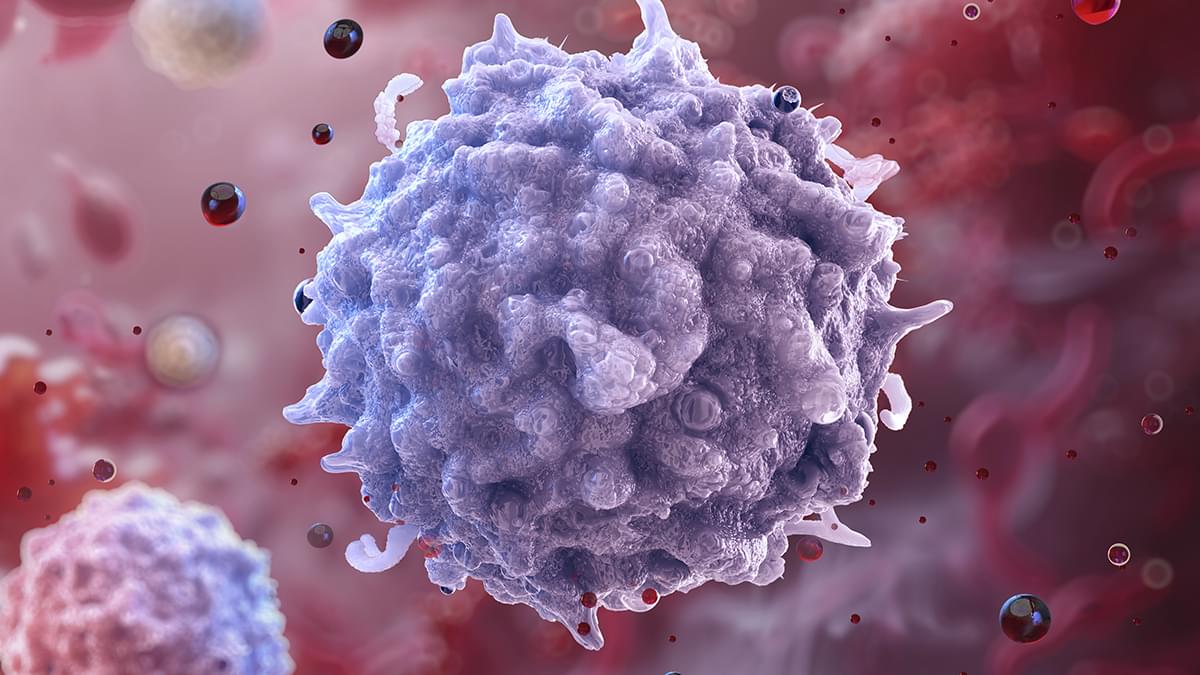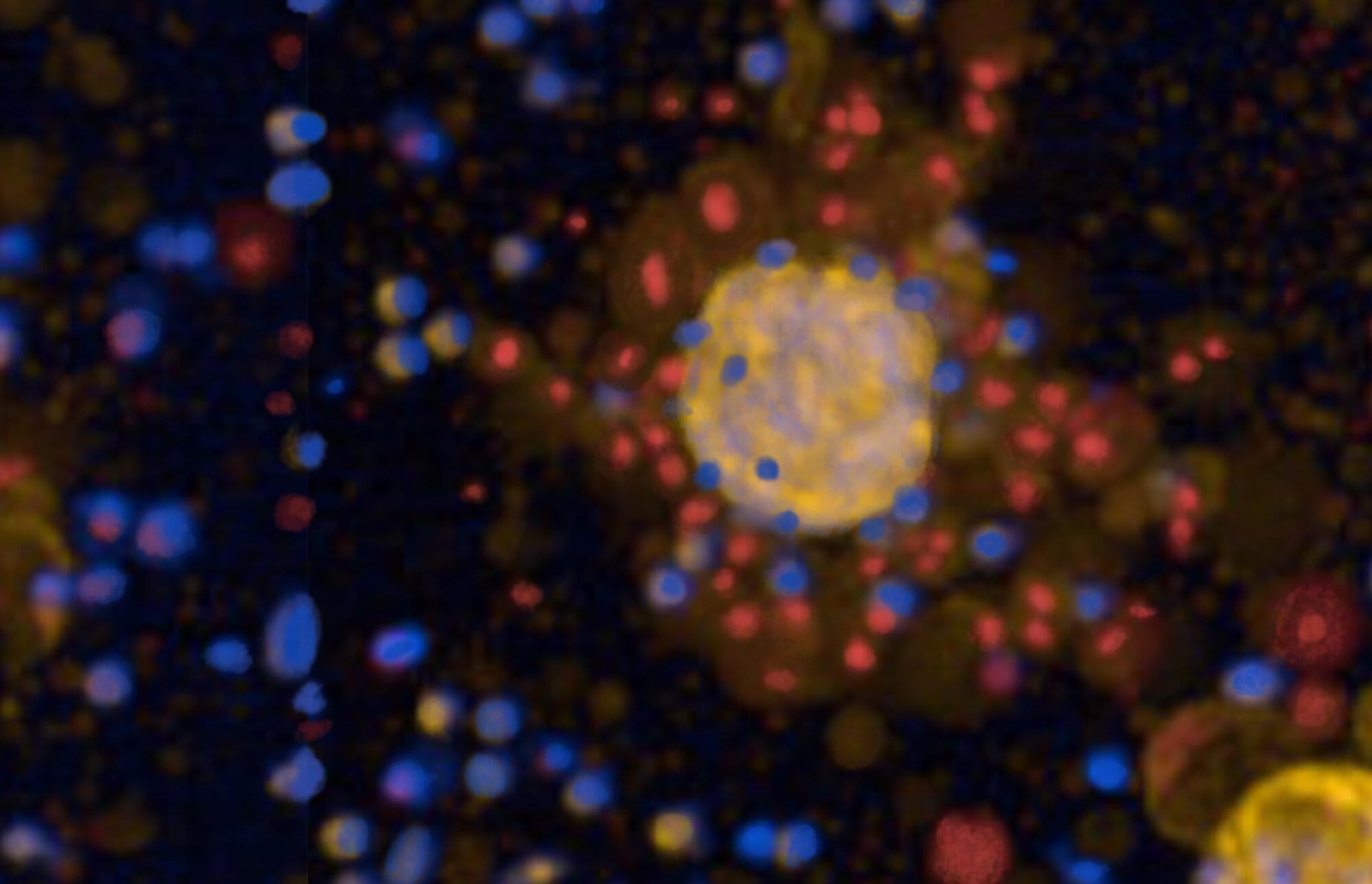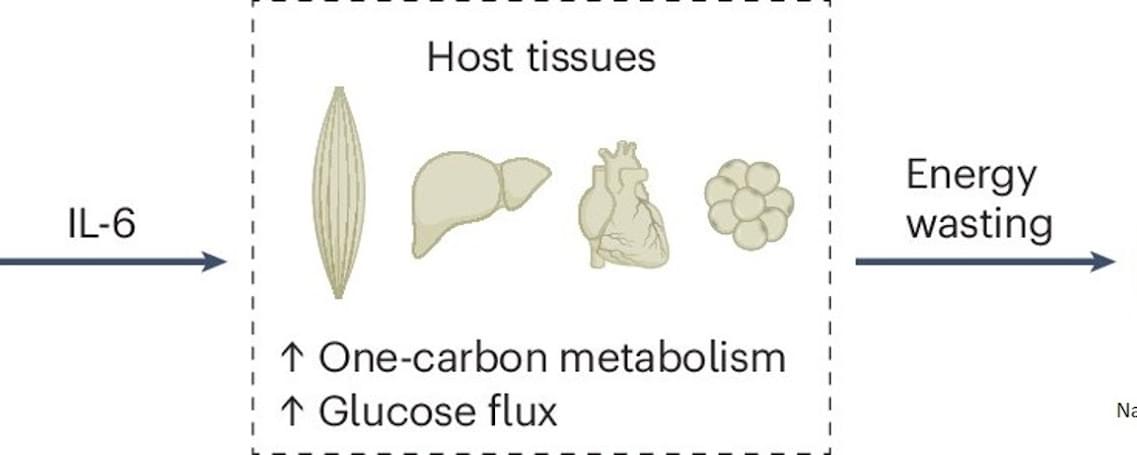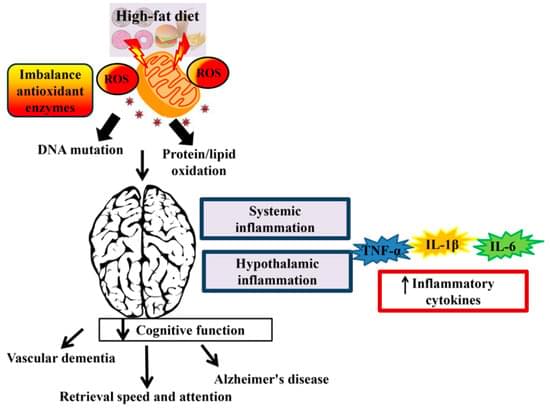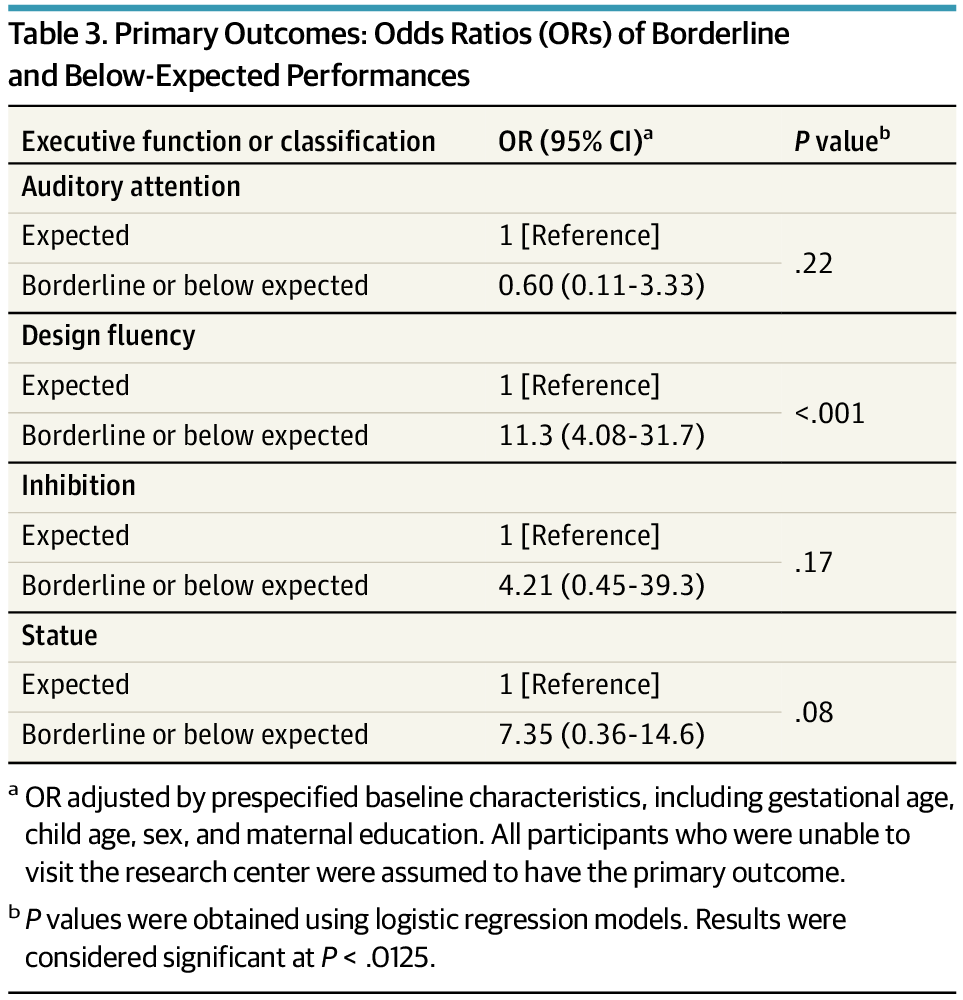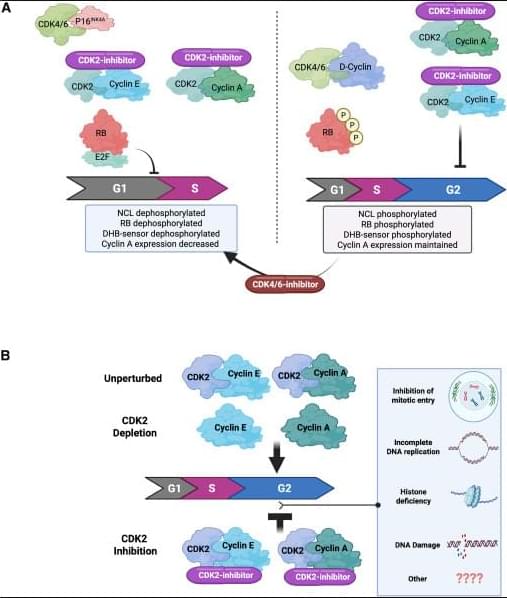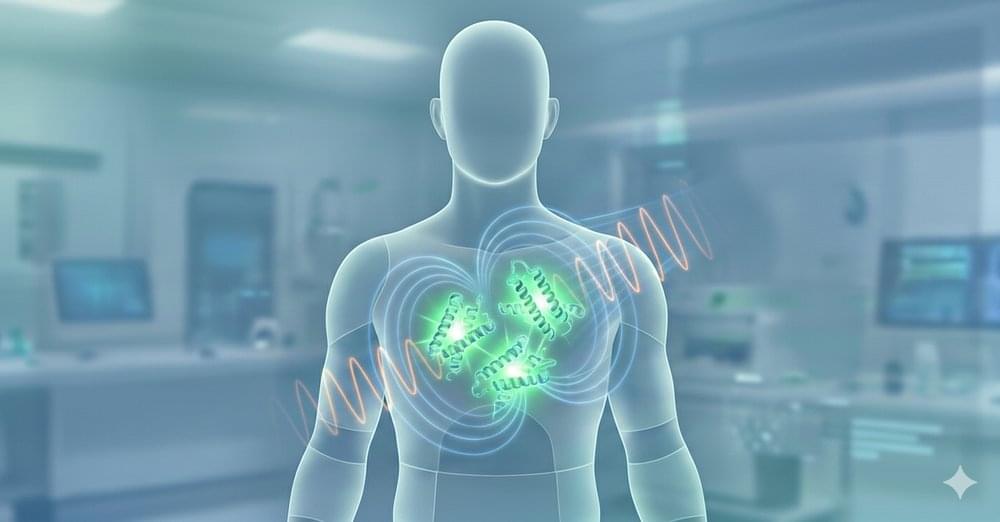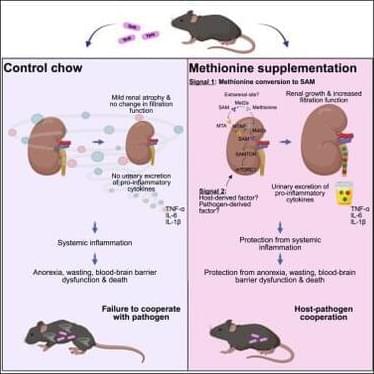Stronger brains strengthen resilience, productivity, and shared prosperity. It is time to invest accordingly.
The brain is the body’s most complex and vital organ, regulating everything from basic life functions to complex decision-making. It is also the foundation of how people live, work, and connect, making it central to individual well-being, high-performing organizations, and resilient economies. Despite rapid technological advances, nothing yet replicates the brain’s capacity to contribute to society.
AI will reshape work, and competitiveness will hinge on combining human and machine strengths. Countries and companies must evolve their strategies to enable collaboration and harness the complementary strengths of human intelligence and technology, or risk slower growth and being left behind in the next era of the global economy. And while the stakes are high if we fail to invest in the health of our brains and the skills that make us uniquely human, the potential gains—individually, socially, and economically—are even greater if we choose to do so.
In this report, brain health is defined as a state of optimal brain functioning, supported by the promotion of healthy brain development and the prevention or treatment of mental, neurological, and substance use disorders in people of all ages. But health alone is not enough. Brain skills—the foundational cognitive, interpersonal, self-leadership, and technological literacy abilities that enable people to adapt, relate, and contribute meaningfully—are equally critical to societal progress. Together, these form what is called brain capital.
Underinvestment in the brain has a substantial cost. The global disease burden of brain health conditions is rising, driven by an aging population, increased stressors, and elevated uncertainty about the future. When societies overlook the brain’s central role in health and productivity, the impact is felt in disrupted lives, lost potential, and a heavy toll on families and caregivers. Scaling cost-effective interventions to prevent, treat, and help people recover from brain health conditions could avert 267 million disability-adjusted life years (DALYs) globally by 2050, generating up to $6.2 trillion in cumulative GDP gains.1 Investing early can create even greater returns—quality early-childhood programs have demonstrated annual returns of 7 to 13 percent and delivered benefit-to-cost ratios of up to nine to one in low-and middle-income countries.
In this report by the McKinsey Health Institute, in collaboration with the World Economic Forum, the authors make the case for investing in the brain, introduce five levers for action, and offer a road map for next steps. While specific actions may vary by stakeholder, region, or sector, there is a need for a shared aspiration and framework for change. This report aims to fill that gap.
“ (
